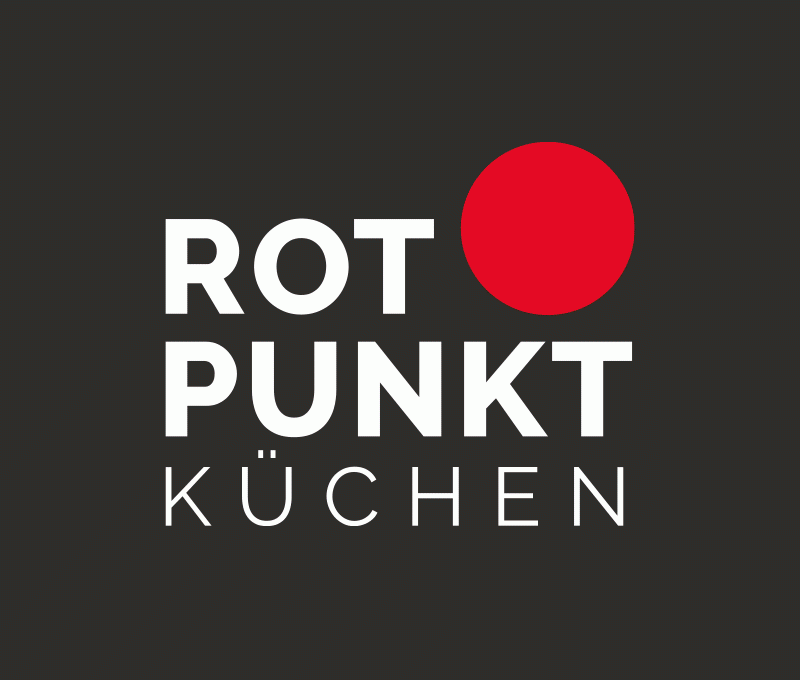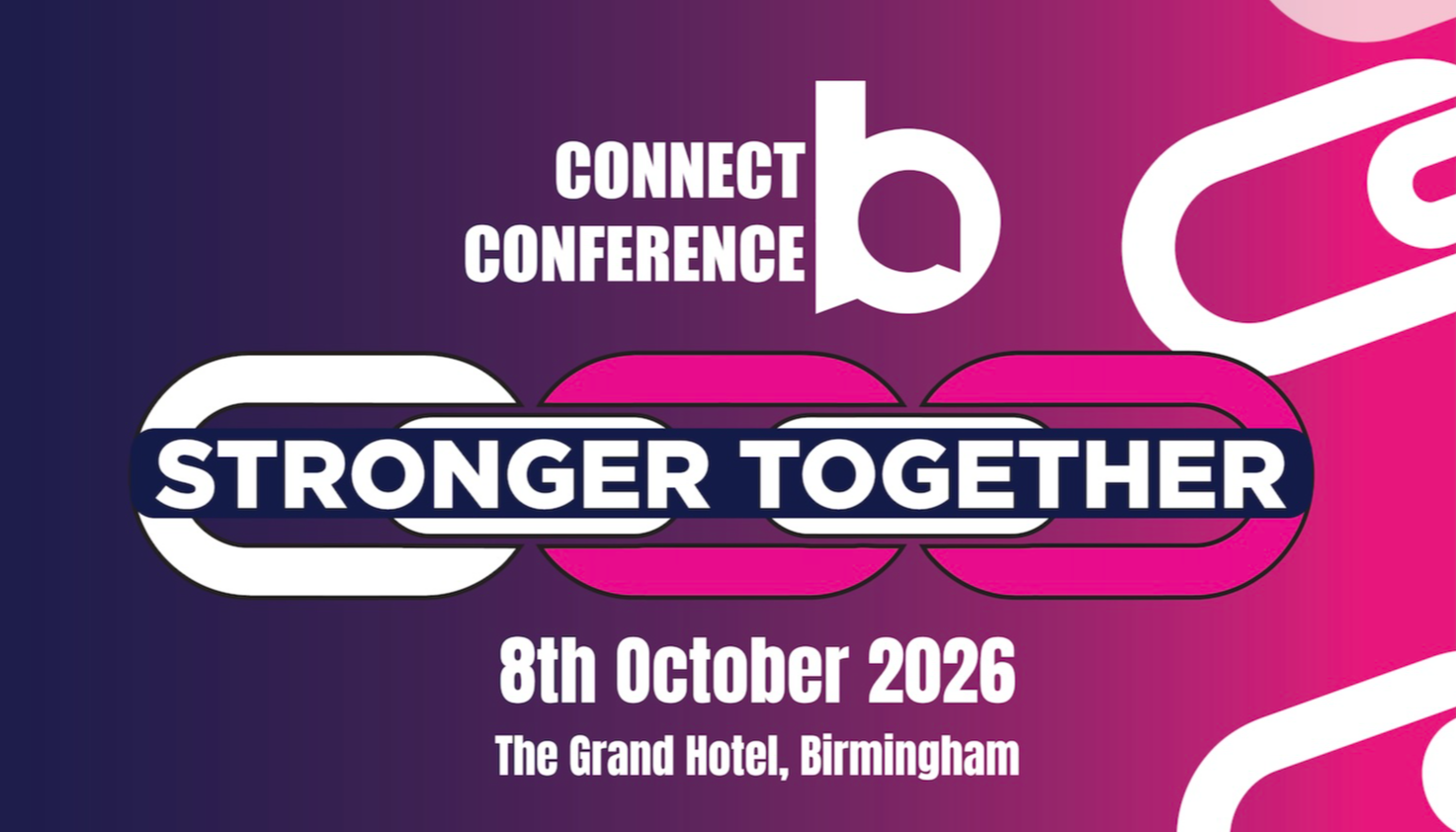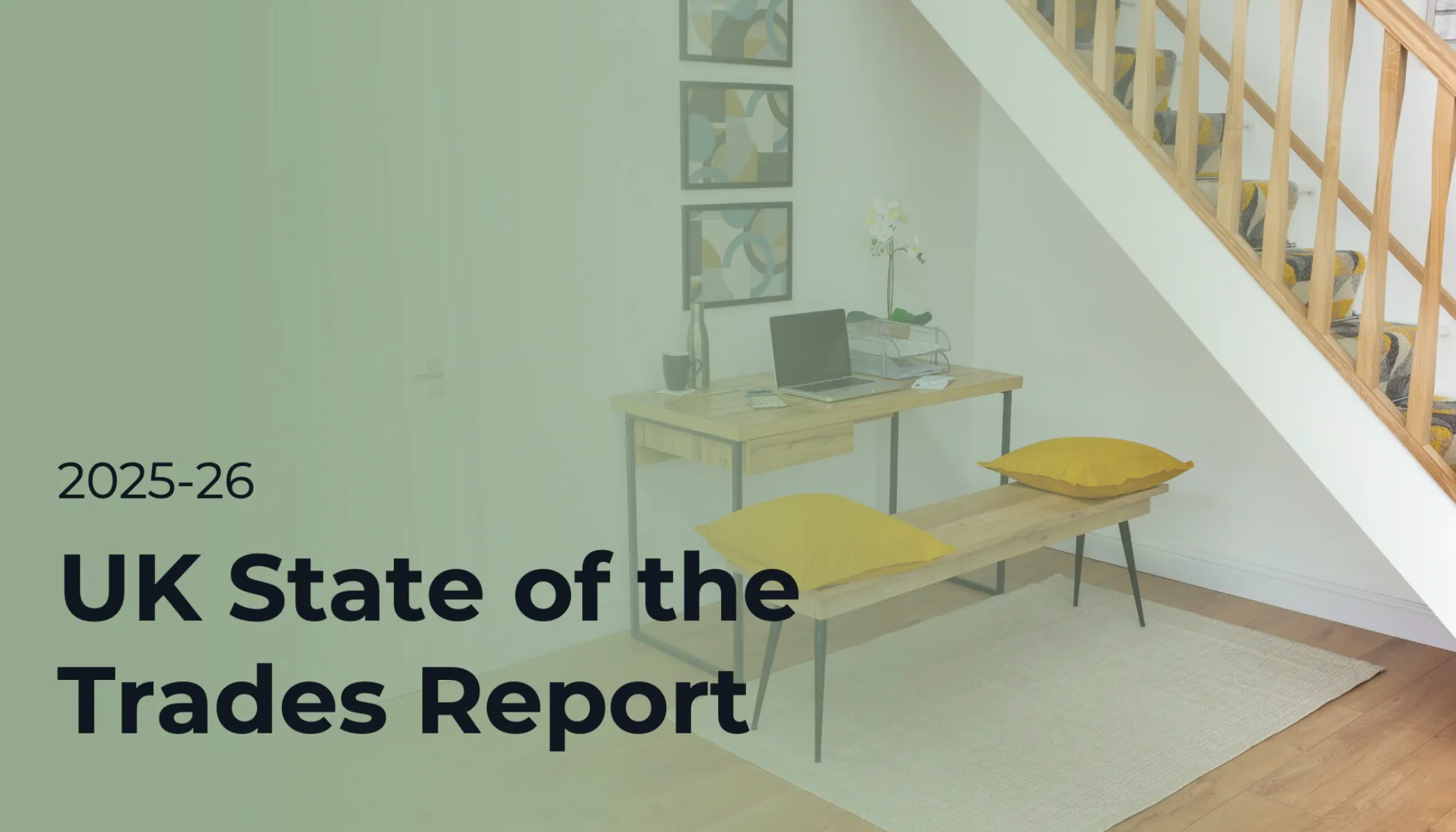Expert view: Is your Facebook reach a joke? This could be why...
Wed 23rd Feb 2022 by Katrina Bell

Expert view: Is your Facebook reach a joke? This could be why...
Facebook has released new data about how it processes what people see in their feeds, which can be broken down into 4 key takeaways that every business needs to know – Katrina Bell explains.
It is a truth universally acknowledged that every business-derived Facebook post is only as good as the amount of money or data that business has handed over to Meta. But that is only half the story.
Facebook has made no secret that it intends to prioritise the content users prefer to see, i.e., non promotional. The corollary being that businesses will find it even harder to promote themselves without a financial outlay.
As the social media giant maniacally tweaks under the hood of its algorithms, brands of every size need to maintain a vigilant watch over content distribution guidelines and react decisively if they don’t want to see a harmful drop in reach and click-throughs to their websites.
Here are 4 ways to avoid falling foul of the so-called Edgerank equation, which puts heavier weight on affinity, weight and decay:
1. Organic, ie non-paid for content views, will continue to be the poorer relative, unlikely to provide a consistent viewership for businesses but there are still proven tactics to engage your loyal following. Since September 2020, there will be around 25% less posts in our personal newsfeeds, and even having liked a past post is no guarantee you will see them again. Not only will the platform choke visitor numbers to overtly click-bait articles, brands that have a permanently low engagement threshold can expect to be put in social Siberia. Your analytics can tell you at a glance which posts did well in the last 24 months.
2. Comfortable in its role as world arbiter of all it surveys, Facebook intends to police not only your on-platform posts, but your own website, under its concept of decay. Any that are deemed to have low-quality mobile experiences or coding errors will land themselves on the naughty step. So too if your site requests excessive data before showing content – so check your cookie requirements. It’s another good reason to keep a constant watch for the inevitable snags that occur in the natural administration of a site.
3. Posts with a high volume of low-value comments such as a user tag or cut and pasted text are deemed of lower weight than a share, as more people will see a share than a comment. Even more confusingly, a like is generally seen as the lowest value interaction for this same reason in reverse. So you will need to focus posts to fashion a conversation that includes a healthy dose of shares and comments, ie, weight and affinity.
4. As for anything you post directly on Facebook, the big no-nos include low-quality videos – that could range from animated loops, polls, pre-recorded content and even static images posing as videos with no authentic audio. You should also take care to avoid generic imagery and promotions that only require users to undertake engagement in shares, comments or likes rather than active calls to action.
Community posts asking about a lost dog would be the sort of thing to get a pass, so unlikely to affect businesses. So asking a visitor to tag a friend would come under that category however if you were running a competition, entreating a tag would be considered spammy.
If you haven’t already, consider joining the Meta for Developers (https://developers.facebook.com) community, which caters not just for coders and designers, but includes less esoteric content that offers ideas for your posts and tools to be used on your own brand’s websites. To read the full updated list of Facebook’s guidelines on content likely to be demoted, the full link is here: https://transparency.fb.com/en-gb/features/approach-to-ranking/types-of-content-we-demote/
Photo by Thought Catalog from Pexels.
Tags: insight, features, facebook, digital marketing, kitchens, bathrooms



























